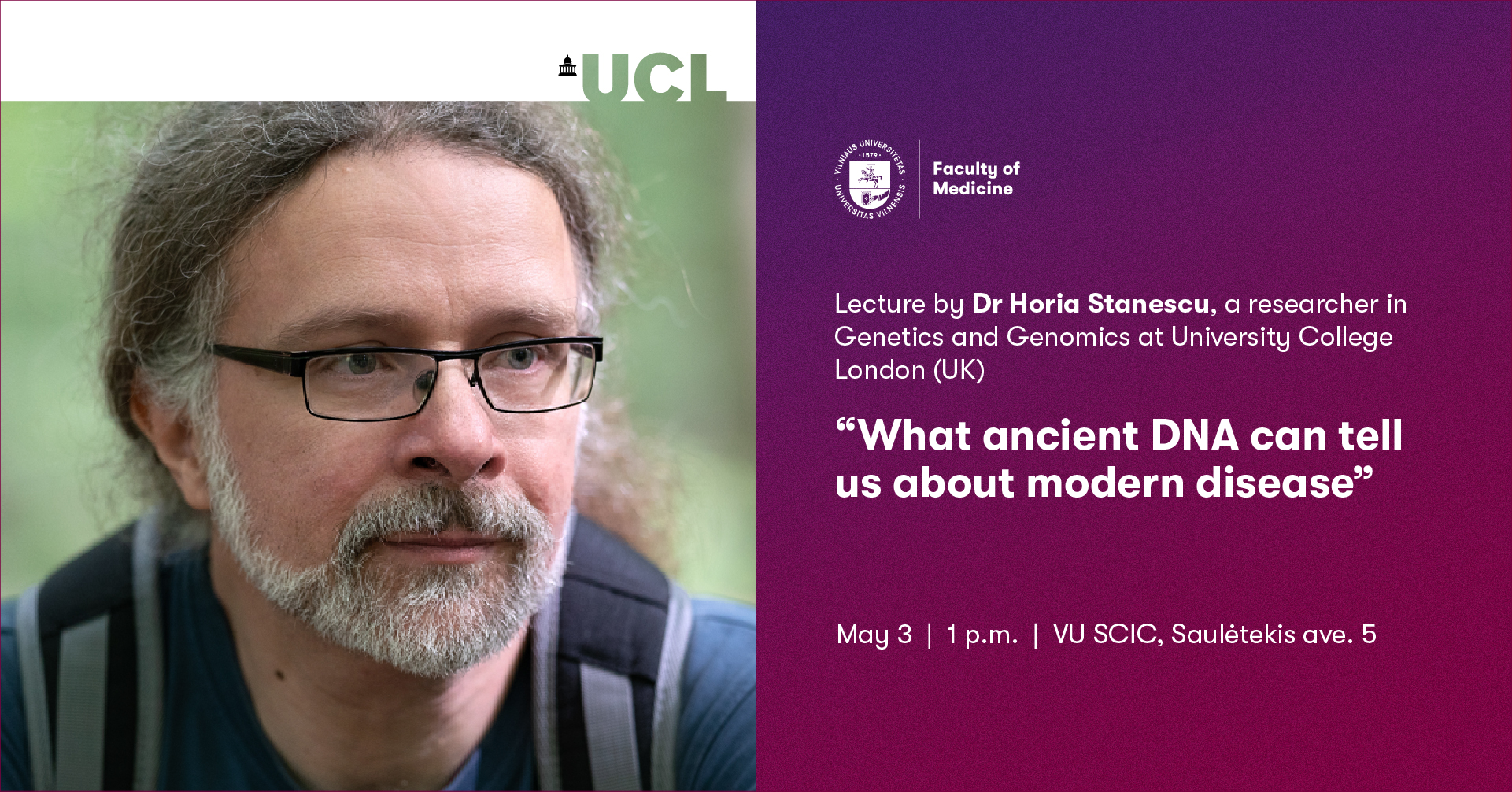
In the realm of modern medicine, the study of ancient DNA has emerged as a revolutionary field, blending the mysteries of human history with the cutting-edge advancements in genetics. The debate among scientists and medical professionals is focused on a pivotal question: does ancient DNA offer practical insights for contemporary health, or is it merely a window into our distant past?
The crux of this debate lies in the DNA we've inherited from our ancient relatives, notably the Neanderthals and Denisovans. These archaic humans, once roaming Earth alongside our ancestors, have left indelible marks on the genetic blueprint of modern humans. Intriguingly, up to 2% of the DNA in non-African populations today originates from Neanderthals. This genetic legacy is not a mere relic but a living part of us that influences our health, disease susceptibility, and even our interaction with the environment.
This intersection of ancient history and modern health sparks a vibrant debate within the medical community. Proponents argue that understanding the influence of ancient DNA on our genetic makeup is crucial for unraveling the origins of many diseases and developing targeted treatments. By mapping the evolutionary journey of disease-related genes, researchers aim to uncover new pathways for medical interventions, turning ancient genetic knowledge into a powerful tool for contemporary medicine.
Dr. Horia Stanescu, a distinguished medical doctor and scientist, believes that history extends beyond mere past events. He passionately contends that ancient DNA does more than pique our curiosity—it serves as a vital link to understanding the depths of our identity. Dr. Stanescu argues that this genetic heritage is not merely a relic for academic fascination but a crucial key to unlocking the mysteries of our biological and cultural evolution.
Interested? We invite you to participate in the lecture: What ancient DNA can tell us about modern disease?
Date and time: 3 May, 2024 at 1 p.m.
Venue: Science Communication and Information Centre (VU SCIC), Saulėtekio al. 5, Vilnius.
The event will be held in English.
All interested participants are welcome to attend the event; to ensure that there will be no shortage of places, please register: https://forms.office.com/e/8kYsDYv5nZ
For news about the event, please follow it on Facebook.
Contact person: Asoc. Prof. Monika Mozerė, email
- - -
Dr Horia Stanescu is a medical doctor and researcher in Genetics and Genomics with over 20 years of international experience in biomedical research. He began his career as a specialist in Medical Genetics and spent four years at the National Human Genome Research Institute in the USA. He earned his PhD at the UCL and is currently a Principal Investigator within the UCL Division of Medicine. Dr Stanescu co-founded the Centre for Genetics and Genomics within the Department of Renal Medicine at the UCL.
His contributions have been instrumental in establishing genotype-phenotype mapping for over 40 genes linked to a wide range of disorders, including inter alia neurological, nephrological, haematological and immunological conditions. His research interests include Computational Biology, Regulatory Genomics, Comparative Genomics – with a particular emphasis on paleogenomics & Pleistocene hominins. A dedicated educator, Horia founded and currently directs the Genetics and Multiomics in Medicine MSc programme within the Division of Medicine at the UCL.
